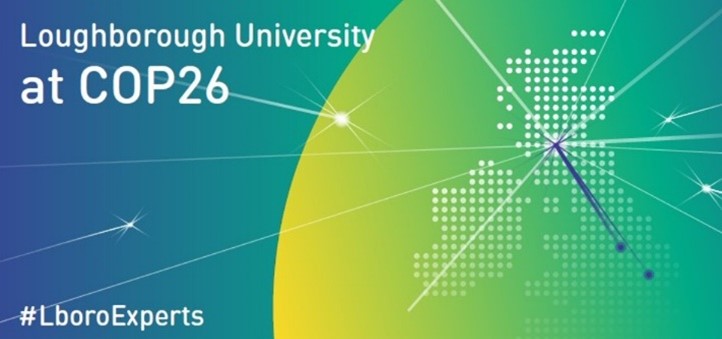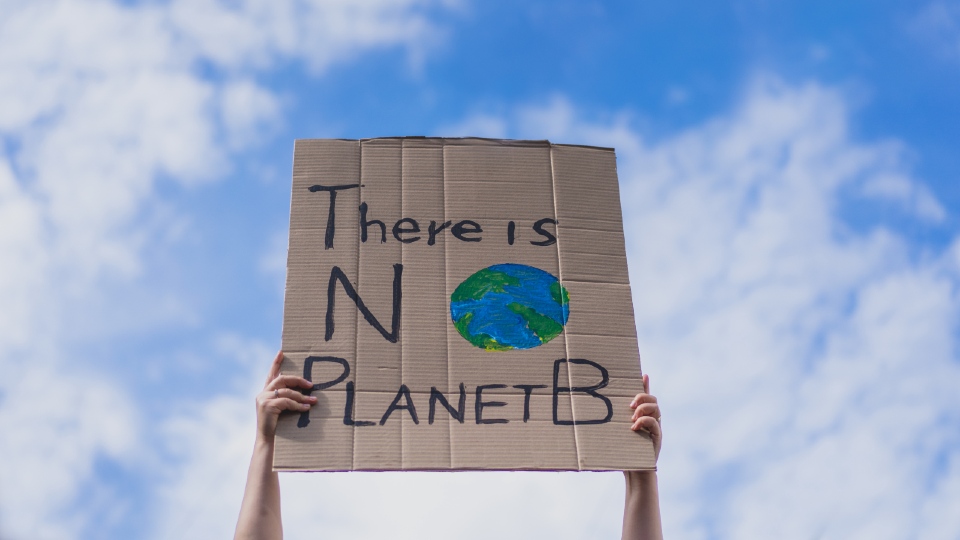“The future is so uncertain – that's just a fact of life. But, if we embrace that uncertainty and say, ‘the future is uncertain but what smart things can we still do to help in the future regardless of uncertainty about climate change?’ then you start thinking about the possible.”
Professor Rob Wilby, of the School of Social Sciences and Humanities, is a Professor of Hydroclimatic Modelling, whose research focuses on the interactions between climate and water, and he is the latest guest on the Cuppa with a Scientist podcast.
Climate change has been badged as the ‘biggest threat modern humans have ever faced’ and the ‘crisis multiplier’, which can feel overwhelming and impossible to tackle. When asked about this during the podcast, Professor Wilby’s response was that we must continue to work hard in this area and encourage current and future scientists to focus on solutions.
“In my mid-30s, as the climate change issue was really coming to light, that actually preyed on my mind quite a lot”, said Professor Wilby.
“Just thinking about the scale of the challenge and what we can and can't do about it – that did affect me. It’s quite hard to be cheerful with all of that going on in the background as your day job!
“But as I've grown through that, I realise that it's much healthier and better to focus on the solutions and how we can use science to solve some of these really big problems and issues that lie ahead.
He continued: “For example, we need to develop better forecasting systems, such as for floods and droughts”.
“This will help people take evasive action and that technology and that ability to see into the future – even a few hours, or weeks, or seasons ahead – is still going to be powerful under climate change just as it is today.
“That's an example of a smart technology – something that you're not going to regret doing because forecasting is always going to be part of the toolkit for adapting to climate change.”
Professor Wilby believes that we also need to focus on the great snow and ice stores of the world such as those in the Himalayas, which are under threat yet act as water towers sustaining livelihoods, energy, and crops for billions of people.
He further cites the risk and implications of more severe and longer droughts, as well as threats from sea level rise.
“This decade really matters for what will come in the future”, said Professor Wilby.
“COP26 is part of a continuum of negotiations and of advances in scientific understanding and of determination to address what many are beginning to realise is an immense challenge ahead.
“I certainly think we're at the start of a critical decade.”
To watch Professor Wilby’s Cuppa with a Scientist episode, click the YouTube link below:
Or if you prefer to listen to your podcasts, you can do so here:
This podcast has been published to coincide with COP26 as it covers a number of themes discussed at the conference. To find out about the Loughborough University PR team’s COP26 campaign, click here.


